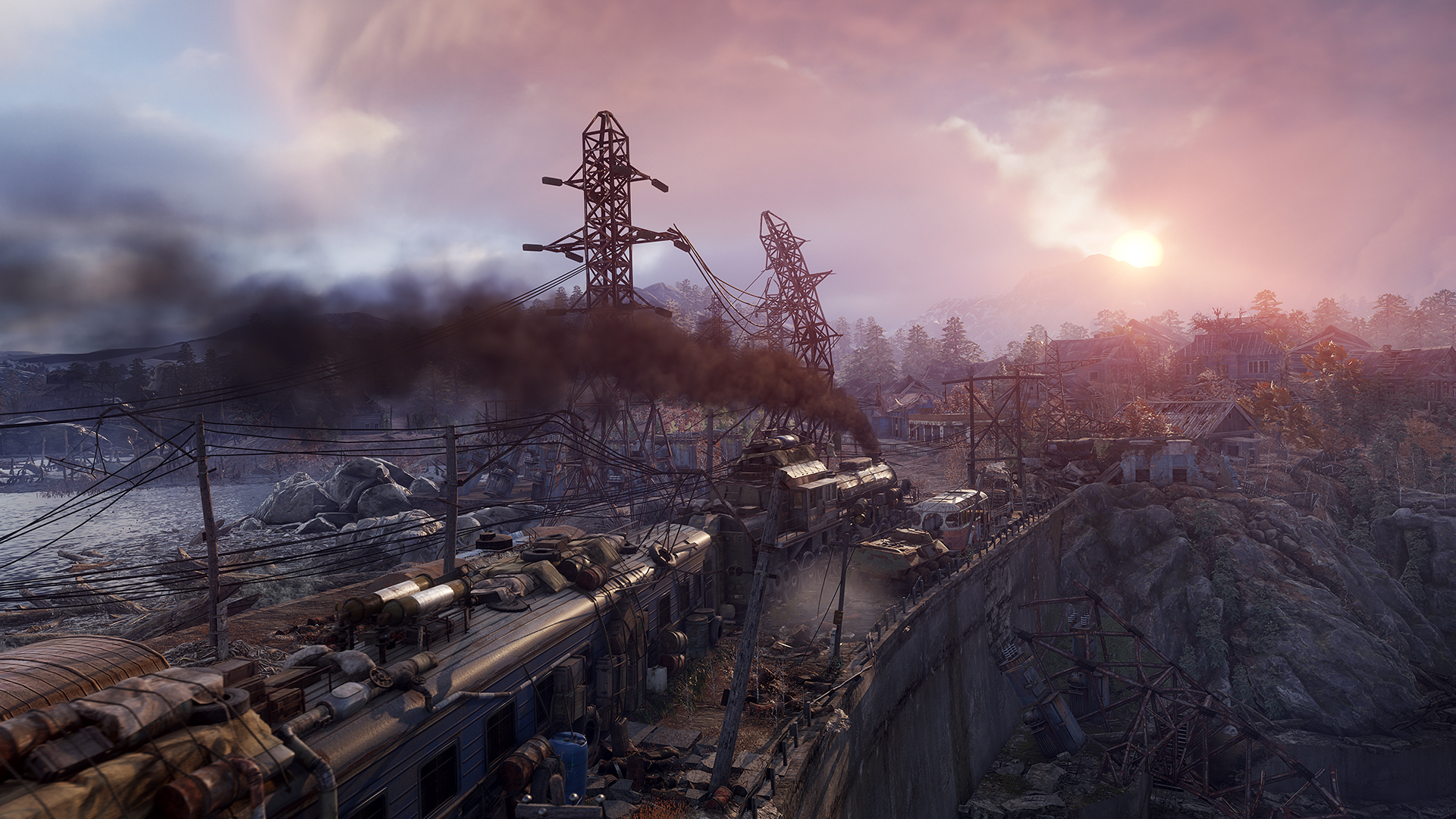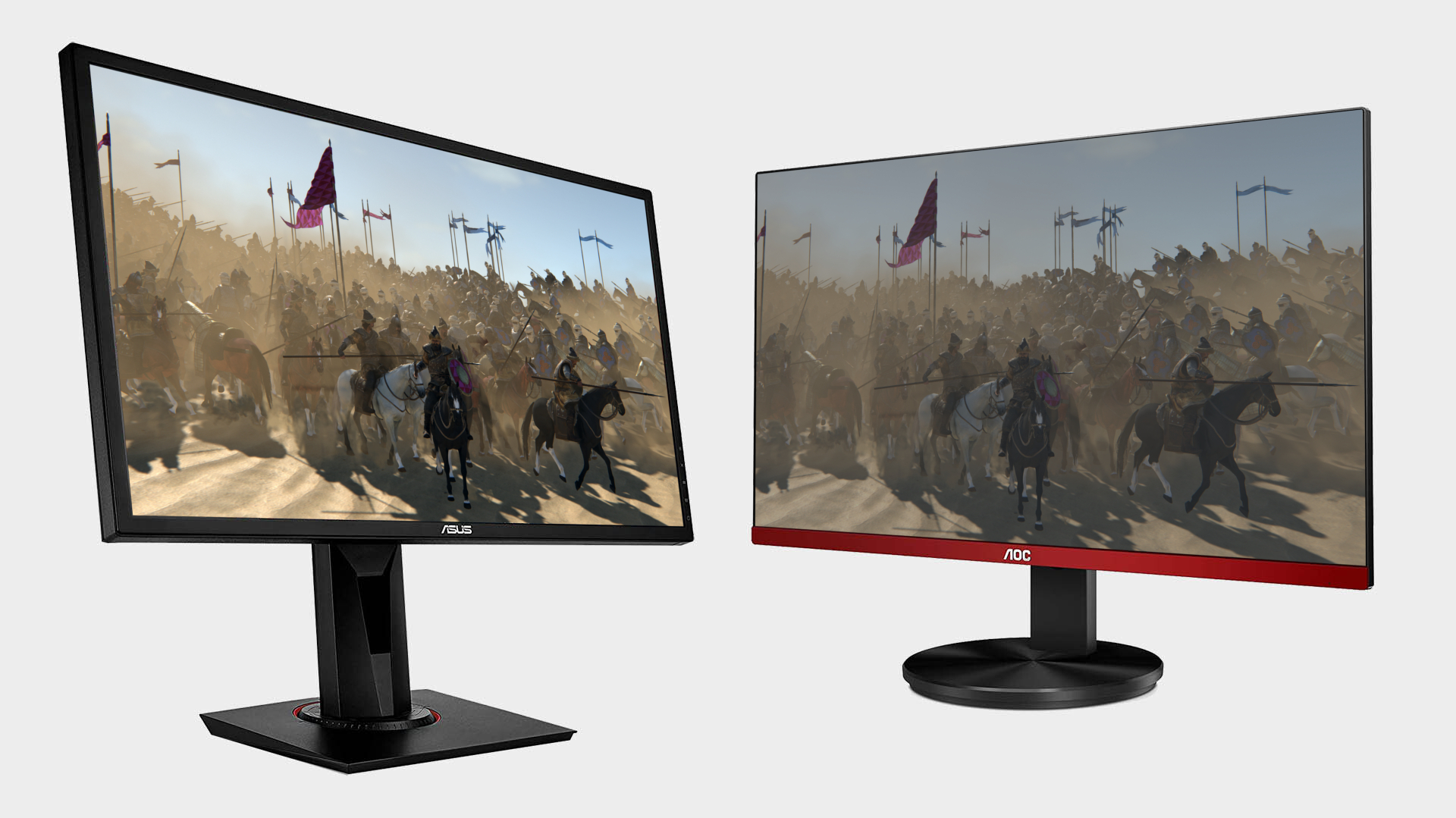AMD's FidelityFX Super Resolution may be finalised but won't be compatible with all games
Metro Exodus Enhanced Edition devs announce that AMD's upcoming DLSS alternative won't be supported due to incompatibility issues.

AMD's FidelityFX Super Resolution is surely the most eagerly anticipated feature for anyone lucky enough to have bagged themselves a new Radeon graphics card over the last six months. It promises to be the red team's answer to Nvidia's impressive Deep Learning Super Sampling (DLSS) tech, and could be the saviour for AMD's first-gen ray tracing attempts.
But it's still seemingly a long way out from a final version and, even though AMD has publicly said it's yet to finalise precisely how it will work, 4A Games has already stated that FidelityFX Super Resolution is incompatible with its rendering techniques and will not be supported in Metro Exodus Enhanced Edition.
It's not the fact that FFXSR isn't going to feature in the remastered Metro Exodus that's interesting here, despite it being the first big game to be released with ray-tracing GPU compatibility as a minimum system requirement. It's that 4A Games seems to be claiming it knows how AMD's new feature will work and that makes it incompatible with its own engine.
In a FAQ for Metro Exodus Enhanced Edition (via @Locuza_) there is the following question:
- Will you be adding in AMD Super resolution later?
We will not be adding specific support for this, as it is not compatible with our rendering techniques. However we have our own Temporal based reconstruction tech implemented that natively provides the same or better image quality benefits for all hardware.
Metro publisher Deep Silver clarified that point in a follow-up email, saying that developer 4A Games "has not evaluated the AMD FidelityFX Super Resolution feature for Metro Exodus at this time."
"In our FAQ, we were referring to the AMD FidelityFX open source image quality toolkit which targets traditional rendering techniques that our new RT only render does not use, and noting that we have our own Temporal Reconstruction tech implemented natively which provides great quality benefits for all hardware, so do not currently plan to utilize any other toolkits," a Deep Silver rep explained. "4A Games is always motivated to innovate, evaluate, and use the newest technologies that will benefit our fans across all platforms and hardware."
The plus side is that it also sounds like AMD has actually made a final decision on how to put together a feature it actively announced around the launch of the Radeon RX 6800 XT some six months ago. It was worrying that even just a month ago AMD's Scott Herkelman was telling PCWorld that it was still "evaluating the many different ways" of implementing its version of DLSS.
Keep up to date with the most important stories and the best deals, as picked by the PC Gamer team.
"Really what matters most to us is: What will the game developers want to use?" Herkelman said back in March. "Because, at the end of the day, if it's just for us and we force people to do it, it's not a good outcome.
"And so we would rather say 'gaming community, which one of these techniques would you rather see us implement?' So that way it can be immediately spread across the industry and hopefully cross-platform. There's a lot of work we have to do there… it's really which one works the best for the game developers to implement is what we're looking for."
Sadly, for AMD, it looks like at least one of those game developers does not want to use the method that the red team seems to have chosen, whatever that might end up being. Which is a shame, especially if it signals potential difficulties in gaining support for the new technology.

Best gaming monitor: pixel-perfect panels for your PC
Best high refresh rate monitor: screaming quick screens
Best 4K monitor for gaming: when only high-res will do
Best 4K TV for gaming: big-screen 4K PC gaming
DLSS is not just a performance salve for the hit taken when enabling ray tracing, used on its own it can deliver a huge performance uplift without negatively impacting fidelity. Free performance for any FidelityFX Super Resolution-compatible card would certainly be welcome whether it's tied to ray tracing or not.
It is important to say, however, that this is just one game developer, and one game engine, that claims incompatibility, so it could very well just be an edge case for AMD's FFXSR. If the bulk of developers are onboard I'm okay with one game not supporting it, especially given the somewhat patchy, though admittedly increasing, support for Nvidia's DLSS.

Dave has been gaming since the days of Zaxxon and Lady Bug on the Colecovision, and code books for the Commodore Vic 20 (Death Race 2000!). He built his first gaming PC at the tender age of 16, and finally finished bug-fixing the Cyrix-based system around a year later. When he dropped it out of the window. He first started writing for Official PlayStation Magazine and Xbox World many decades ago, then moved onto PC Format full-time, then PC Gamer, TechRadar, and T3 among others. Now he's back, writing about the nightmarish graphics card market, CPUs with more cores than sense, gaming laptops hotter than the sun, and SSDs more capacious than a Cybertruck.

